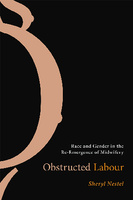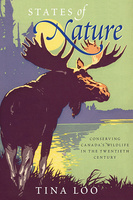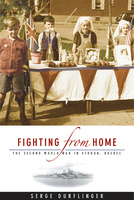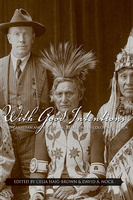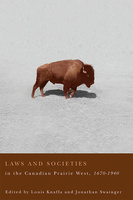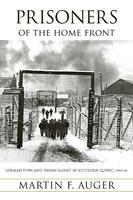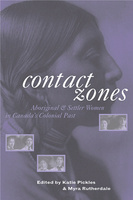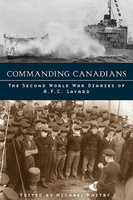States of Nature
Conserving Canada's Wildlife in the Twentieth Century
This multi-award-winning book is one of the first to trace the development of Canadian wildlife conservation from its social, political, and historical roots.
Negotiating Buck Naked
Doukhobors, Public Policy, and Conflict Resolution
Soon after the arrival of Doukhobors to British Columbia, new immigrants clashed with the state over issues such as land ownership, the registration of births and deaths, and school attendance. As positions hardened, the conflict, often violent, intensified and continued unabated for the better part of a century, until an accord was finally negotiated in the mid-1980s.
Fighting from Home
The Second World War in Verdun, Quebec
A comprehensive, at times intimate, portrait of Verdun and Verdunites, both English and French, during the Second World War.
Clio's Warriors
Canadian Historians and the Writing of the World Wars
Acclaimed historian and author Tim Cook (At the Sharp End) analyses where the practice of academic military history has come from and where it needs to go.
With Good Intentions
Euro-Canadian and Aboriginal Relations in Colonial Canada
Examines the joint efforts of Aboriginal people and individuals of European ancestry to counter injustice in Canada when colonization was at its height, from the mid-nineteenth to the early twentieth century.
Laws and Societies in the Canadian Prairie West, 1670-1940
Challenging myths about a peaceful west and prairie exceptionalism, the book explores the substance of prairie legal history and the degree to which the region's mentality is rooted in the historical experience of distinctive prairie peoples.
Prisoners of the Home Front
German POWs and "Enemy Aliens" in Southern Quebec, 1940-46
Detailing the day-to-day affairs of Germans civilians and POWs in Canadian internment camps camps during the Second World War, this book fills an important void in our knowledge of the Canadian home front.
Contact Zones
Aboriginal and Settler Women in Canada's Colonial Past
This provocative book examines how women were uniquely positioned at the axis of the colonial encounter – the so-called “contact zone” – between Aboriginals and newcomers.
Commanding Canadians
The Second World War Diaries of A.F.C. Layard
Commander A.F.C. Layard, RN, wrote almost daily in his diary from 1913 until 1947. The pivotal 1943-45 years of this edited volume offer an extraordinarily full and honest chronicle, revealing Layard’s preoccupations, both with the daily details and with the strain and responsibility of wartime command at sea.

